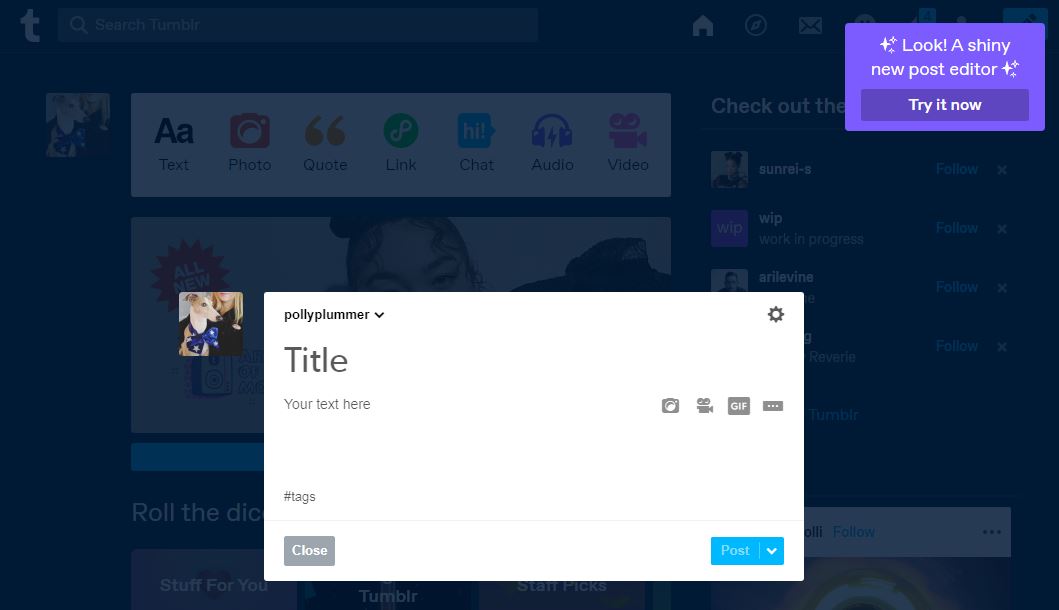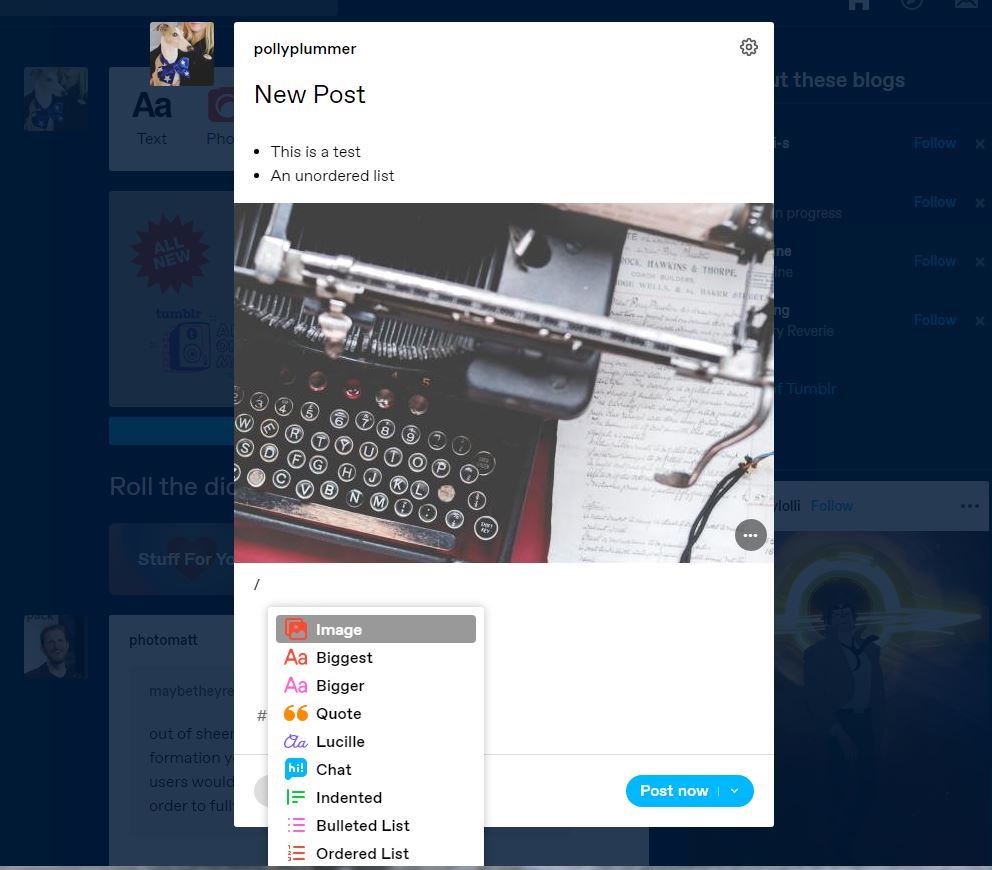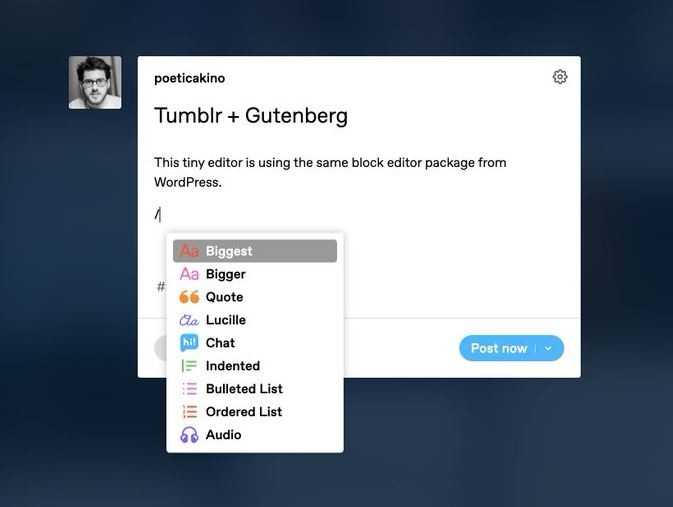One of the most thought-provoking statements to come out of WordCamp Europe 2022, was when Matt Mullenweg said, “I believe that Gutenberg can be a bigger contribution to the world than WordPress itself.”
This isn’t the first time Mullenweg has cast this vision of Gutenberg’s preeminence as an open source project. In the Q&A following his 2021 State of the Word address, he said, “Gutenberg is something even bigger than WordPress, which is basically saying how do we edit and create the web? And how can we get as many people, both proprietary and open source collaborating on that as possible?”
Making Gutenberg available to the broader web was part of the reasoning behind dual-licensing the project under the GPL and MIT. Proprietary, and particularly mobile application use (where the GPL is not common), is better supported by the MIT license.
Gutenberg is already finding a destiny of its own outside of WordPress. Projects like Drupal Gutenberg and Laraberg were some the early seeds of the wider Gutenberg ecosystem, demonstrating that communities other than WordPress find value in the project and can adapt it for use with their applications. At WordCamp Europe, Mullenweg announced that both Tumblr and Day One are now testing Gutenberg in their web apps.
Day One web, currently in internal alpha, is following soon. We hope that these reference points help illustrate the flexibility of the block editor beyond WordPress. pic.twitter.com/VLTwgfdi2v
— Matías Ventura (@matias_ventura) June 8, 2022
Tumblr users who want to access the new beta post editor, which was code named “Gutenblr,” can click on the prompt at the top of the page to switch. It’s opt-in for now while it’s still being tested.


Activating the beta unlocks the new Gutenberg-powered editor with redesigned buttons and icons. Users can post a series of multiple blocks in what feels like a mini, pared-back post editor. Certain blocks can be dragged and dropped into a different order on the draft, but this is still a little buggy. Tumblr’s editor is fun to use compared to WordPress’ version of Gutenberg which does a lot more but at the expense of having to support many more settings and controls.


When Automattic acquired Tumblr in 2019, Mullenweg was forthright about his intention to replace the Tumblr backend with WordPress.
“WordPress is an open source web operating system that can power pretty much anything, including Tumblr.com, but it’s also a large property so will take a bit to figure out and migrate,” Mullenweg said.
Two years later, in November 2021, the Tumblr changelog noted that the development team was working on a new major version of the beta post editor on web, leveraging parts of Gutenberg. In a Twitter conversation discussing Tumblr’s architecture, Gutenberg lead architect Matías Ventura said its implementation of Gutenberg stores everything as JSON, whereas WordPress serializes HTML as the default experience because it needs to work with the ecosystem. In both cases, blocks are created as structured data.
“I’m personally looking forward to when you could just copy and paste blocks between platforms like you do with patterns!” Matías Ventura said when tweeting out the screenshots of Gutenberg on Tumblr and Day One.
This sort of interoperability across apps is similar to the idea behind the Block Protocol project. It aims to build a block system for embedding interactive blocks in any web application. As more of the web embraces the block paradigm, it would be helpful to be able to share blocks across a standardized protocol.
The Block Protocol spec is being developed by the team at HASH, which is currently hiring a WordPress developer to create a Block Protocol Gutenberg plugin. The goal of the plugin is to “unlock the entire Block Protocol ecosystem of blocks for all users of WordPress (both technical and not),” which would extend the range of blocks available to Gutenberg users.
When the Block Protocol project was announced, it didn’t seem likely that it would use Gutenberg as the basis for its spec. However, the wide usage of Gutenberg across the web cannot be ignored. This forthcoming plugin appears to be more like a bridge or connector that ensures Gutenberg is still relevant in the Block Protocol ecosystem.
WordPress is an important player in the creation of both blocks and an intuitive editor for publishing them, as the primary incubator for Gutenberg’s initial development and essentially its first adopter. The block editor making its way to more apps like Tumblr and Day One is a major milestone, and it’s inspiring to see collaboration on an initiative connecting Gutenberg users with another global registry of blocks designed to move across apps on the web.





